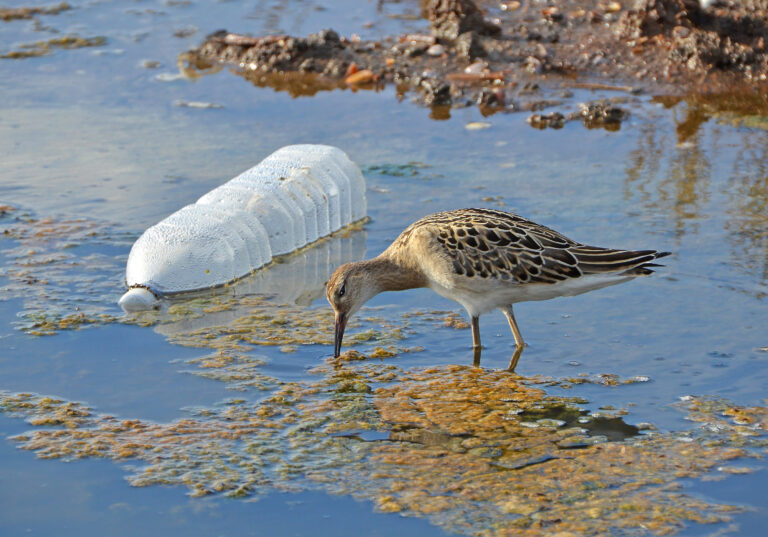An unfortunate consequence of rapid industrialization is the number of pollutants that make their way into our environment. Statistics tell us that nearly half of our rivers and streams and one-third of our lakes are polluted to such a point that they aren’t safe for drinking.
Sadly, not enough is being done to protect people against contaminated water supply.
What Causes Water Contamination in the First Place?
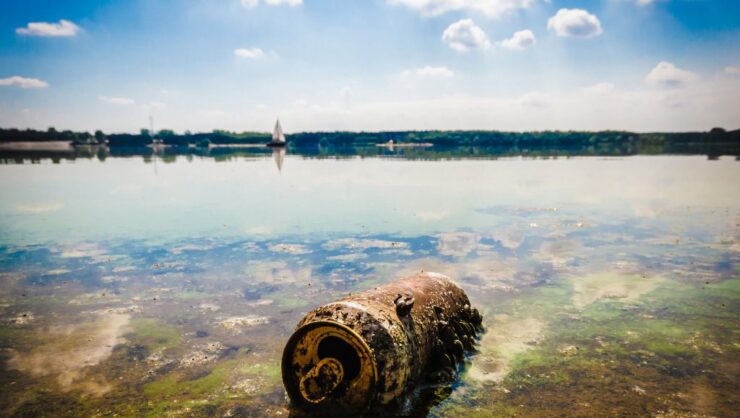
There are a number of ways through which water gets contaminated. In America, the sector that is most responsible for water contamination is the agricultural sector. This occurs because farms use a lot of chemicals in the form of fertilizers and pesticides that have a tendency to find their way into water sources.
Another severe cause of water contamination is industrial plants that release heavy metals and other chemicals into water sources. Usually, there are restrictions in place to prevent this, but they are often too weak to make a difference or aren’t enforced as much as they should be.
Improperly treated sewage disposal into groundwater is also a common cause of water contamination and is particularly dangerous due to how difficult it can be to detect. Sewage contamination in groundwater has a long-lasting effect and is especially tough to clean and deal with.
What are the Effects of Water Contamination?
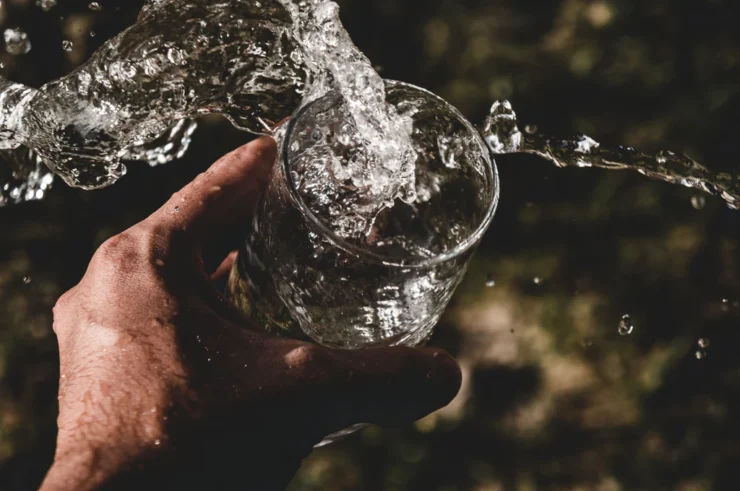
The consequences here can be severe due to the harmful nature of contaminants. Many polluting chemicals have the ability to cause diseases in those affected, and the effects can be long-term and severe.
Different contaminants have different forms of side effects. For instance, bacteria and viruses are known to cause diseases like E. coli, Salmonella, and Norovirus. Heavy metal contamination in the form of lead, mercury, and cadmium cause damage to the nervous system, kidneys, and brain. Cadmium is also known to cause lung and prostate cancer.
People who were exposed to water in Camp Lejeune in the 1950s, for example, are still filing and seeking compensation in 2024.
If you weren’t aware, the Camp Lejeune incident occurred when VOC or volatile organic compounds found their way into the water used by service members and their families at the Lejeune marine base. As a result of this contamination, a large number of individuals developed cancers and other severe health issues.
The Camp Lejeune water contamination lawsuit is going on in full swing right now, with over 200 suits being filed and thousands more in the process. TorHoerman Law is one of the legal firms that has been helping many of the affected people find compensation and justice.
With a focus on helping individuals who have faced harm from drug side effects, defective products, chemical exposure, and more, they have helped fight over 10,000 cases across all 50 states.
The Camp Lejeune situation is but one example of how the effects of how water contamination can stretch across several decades. It’s going to be an interesting case to follow, as legal proceedings are picking up speed now.
What Can One Do to Stay Safe?
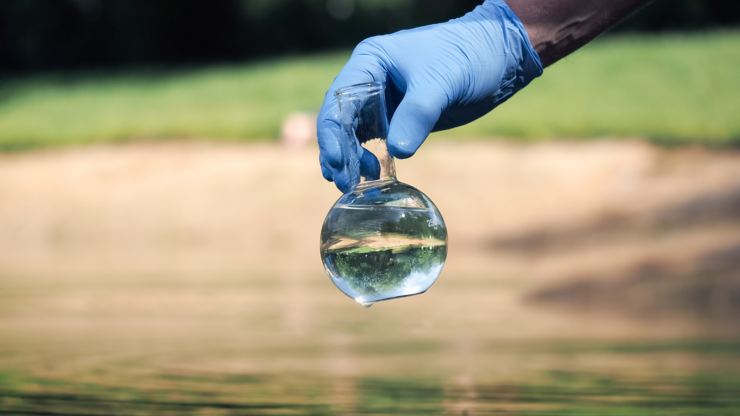
When it comes to protecting oneself from the dangers of water contamination, there are a number of countermeasures that can be taken. Let’s explore two easy precautions and measures you can take below.
1. Make Use of Water Filters
A water filter can be one of the best ways to deal with contaminated water on your end. Most of the time, an individual has little control over stopping contamination, as it can happen anywhere along the route that water travels. Thus, it makes sense to have a more direct and immediate solution in the form of filtration devices.
Several filter types exist and can help treat water depending on the type of contaminant that you suspect. Reverse Osmosis filters, for example, are good at dealing with heavy metals, fluoride, and bacteria.
Activated carbon filters can help remove impurities, VOCs, and chlorine, and Ultraviolet filters use ultraviolet light to kill bacteria and viruses in the water. However, UV filters need to be paired with other filter types since they don’t remove any other contaminants.
2. Avoid Water Bodies If Unsure of Contamination Levels
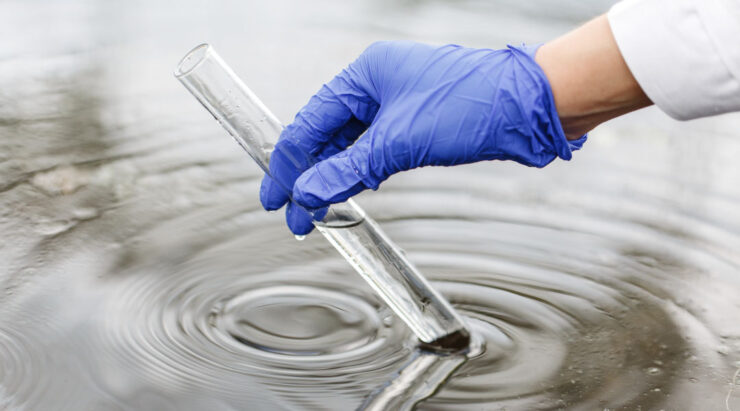
It can be tempting to go swimming or fishing in a nice pool that you come across, but unless you are sure the water is safe, you should probably think twice. This is because pools of water are great at hosting harmful chemicals, and the water can be dangerous even if it appears to be clean.
If you really have to be exposed to such water bodies, you should find a way to contact whichever local authority that can provide information on the safety risk. You also want to ensure that you shower thoroughly after being exposed to such water.
It goes without saying that if you have any cuts or bruises, you should not be venturing into any bodies of water where you are not 100% sure of their safety.
Conclusion
By following these steps and being aware of the sorts of situations where contamination can occur, you reduce the likelihood of facing dangerous side effects. Remember that no countermeasure is foolproof, and even the best filters and precautions cannot assure complete safety from water contamination.
With this in mind, always use your head and try to avoid any situation where harmful exposure is even a possibility.

